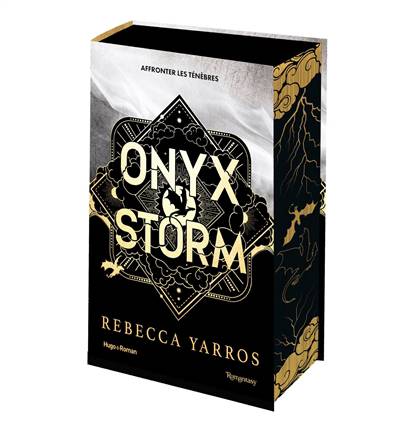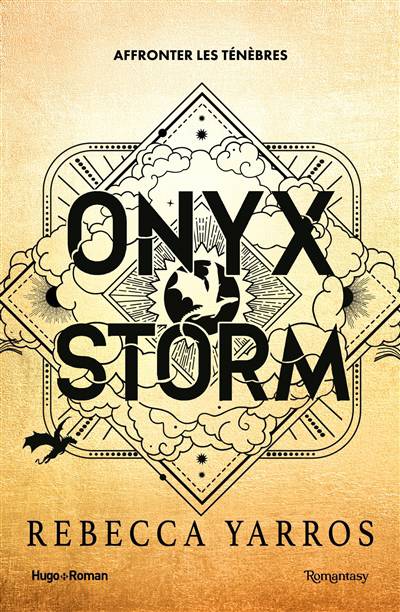
- Retrait gratuit dans votre magasin Club
- 7.000.000 titres dans notre catalogue
- Payer en toute sécurité
- Toujours un magasin près de chez vous
- Retrait gratuit dans votre magasin Club
- 7.000.0000 titres dans notre catalogue
- Payer en toute sécurité
- Toujours un magasin près de chez vous
Description
Hector Hugh Munro (1870-1916), better known by the pen name Saki and also as H H Munro, was a British writer whose witty, mischievous, and sometimes macabre, stories satirize Edwardian society and culture. He is considered a master of the short story and often compared to O Henry and Dorothy Parker. Besides his short stories, which were first published in newspapers as was customary at the time and then collected into several volumes, his other works included plays, an historical study, two short novels - one a fantasy about a German invasion of Britain - and a political parody. Munro was born in British Burma, then part of British India, the son of an Inspector General for the Indian Imperial Police. After his mother's death in 1872 he and his siblings were sent to England to be raised by their grandmother and paternal maiden aunts in a strict and puritanical household. These aunts were to become models for characters in some of Munro's stories. In 1893 he followed his father into the Indian Imperial Police and was posted to Burma but successive bouts of fever forced him to return home after only 15 months. He settled in London in 1896 and embarked on a writing career, first as a journalist for various newspapers and magazines, before publishing his first book The Rise of the Russian Empire in 1900, and entering into political parody the same year with The Westminster Alice. In 1902 he became foreign correspondent for The Morning Post, first in the Balkans then in Russia, moved on to Paris and returned to London in 1908. During this time he was contributing stories and sketches to the Westminster Gazette and the Bystander as well as The Morning Post, with his first collection of stories, Reginald, coming out in 1904. Beasts and Super-Beasts, his fourth collection, was published in 1914 and along with The Chronicles of Clovis is one of his best-known works. It was his final collection before his death in WWI. The majority of the volume's stories deal with animals in some fashion, providing the source for its title which is in itself a parody of Bernard Shaw's Man and Superman.
Spécifications
Parties prenantes
- Auteur(s) :
- Editeur:
Contenu
- Nombre de pages :
- 136
- Langue:
- Anglais
Caractéristiques
- EAN:
- 9781406800203
- Date de parution :
- 12-06-06
- Format:
- Livre broché
- Format numérique:
- Trade paperback (VS)
- Dimensions :
- 152 mm x 229 mm
- Poids :
- 208 g

Les avis
Nous publions uniquement les avis qui respectent les conditions requises. Consultez nos conditions pour les avis.






